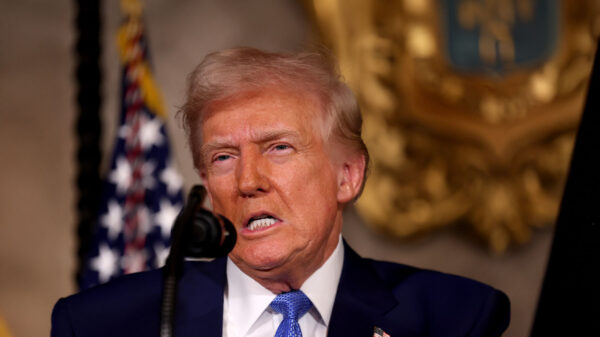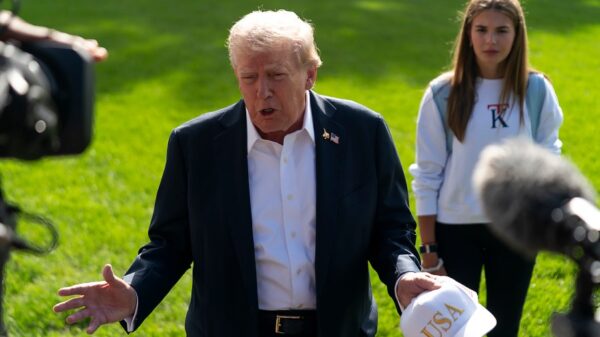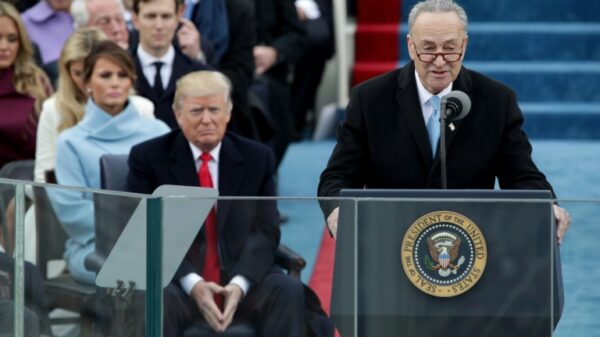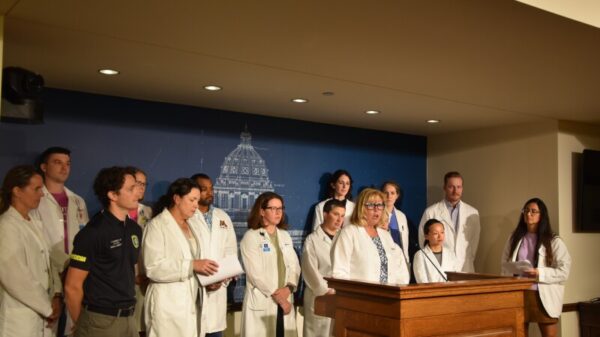President Donald Trump has announced plans to impose significant import taxes on pharmaceuticals, a move that could drastically affect drug availability and pricing in the United States. Historically, imported medicines have entered the U.S. duty-free. However, Trump’s proposed tax could exceed 200% on foreign-produced drugs, raising concerns about potential shortages and increased costs for American consumers.
The announcement follows a series of trade measures aimed at reducing reliance on foreign goods. While tariffs have targeted various imports, pharmaceuticals have largely been exempt until now. Experts warn that such steep duties could disrupt intricate supply chains that have developed over decades.
The looming threat of a 200% tariff raises questions about the accessibility of affordable medications. Many Americans rely on generic drugs manufactured overseas, which often provide essential treatments at lower prices compared to their U.S.-made counterparts. As Trump moves forward with this policy, the possibility of driving these affordable options out of the market becomes a real concern.
Drug manufacturers have expressed alarm over the proposed tariffs. They argue that the additional costs could lead to a rise in the prices of medications across the board, which would hit consumers hard. The potential for drug shortages is also a critical issue, as companies may struggle to absorb the new costs or may choose to limit their distribution to the U.S.
As this situation unfolds, healthcare advocates are calling for a reassessment of the implications of such tariffs on public health. The trade-off between protecting domestic industry and ensuring affordable healthcare is a delicate balance that policymakers must navigate carefully.
In light of these developments, it remains crucial for stakeholders to examine the potential consequences of Trump’s proposed import tax on pharmaceuticals. The impact on American consumers, especially those requiring regular medications, could be substantial if prices rise and access diminishes. The administration’s next steps will be closely monitored as they could significantly reshape the landscape of drug pricing and availability in the United States.


































































